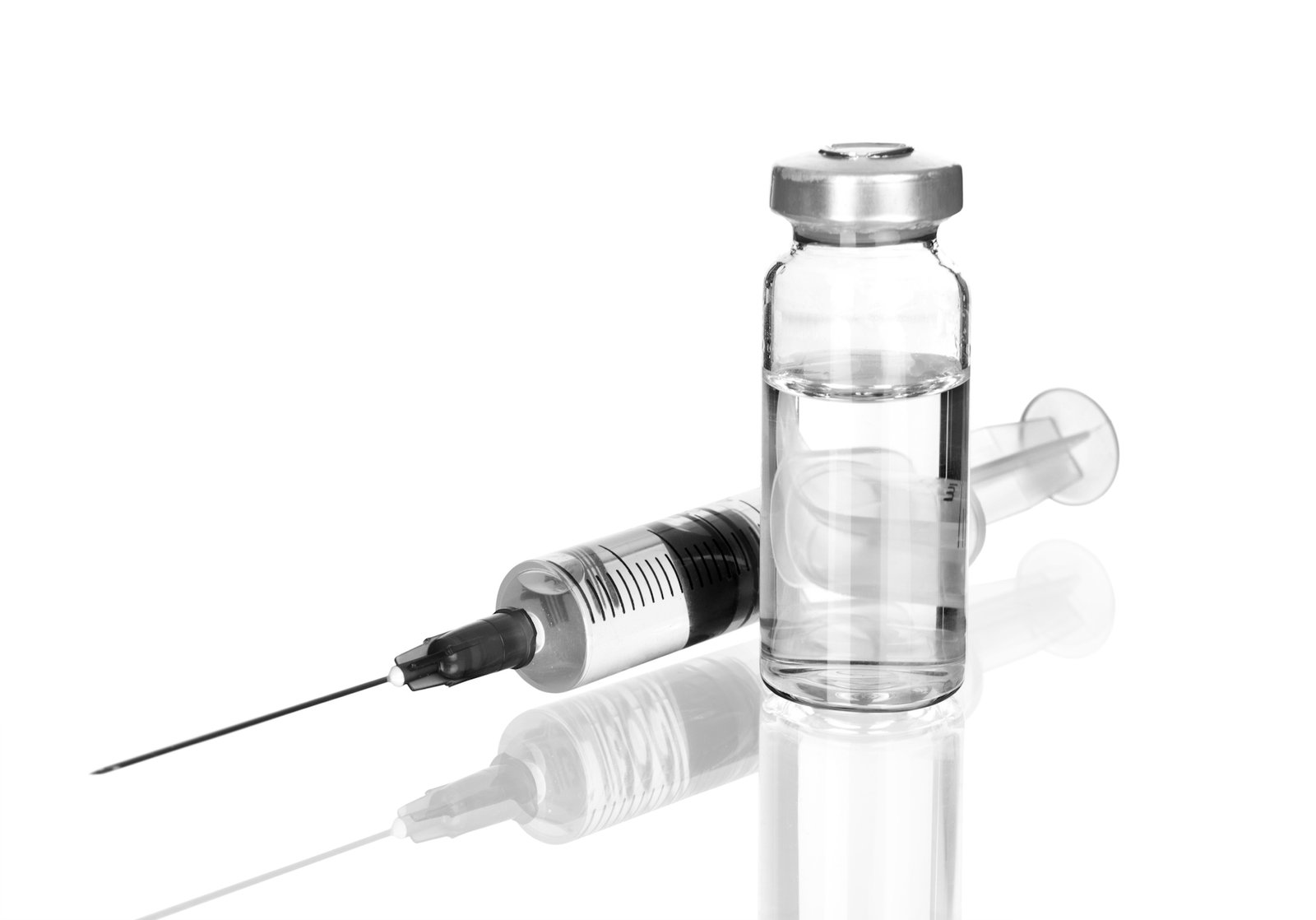Study reveals emerging differences in COVID-19 infection rates in recipients of different vaccines
April 15, 2022 | Friday | News
Understanding how antibody levels decline may help doctors and policymakers gauge when booster shots are needed, and who should receive them
image credit- shutterstock
The antibodies generated by Pfizer’s COVID-19 vaccine rise more slowly and decline more quickly than those generated by the Moderna vaccine, according to a new study from the University of Virginia Health, US.
The study also finds that older recipients of the Pfizer vaccine generated fewer antibodies than did younger recipients but this wasn’t the case for Moderna, where age did not appear to be a factor.
The researchers determined that both vaccines generated similar peak levels of COVID-19 fighting antibodies. This result is at odds with a prior report from the same group that showed antibodies were higher after Moderna, but they say the discrepancy likely can be explained by the faster rate at which the Pfizer antibodies decline. It will be important for future research to consider time frame from vaccination carefully when assessing peak antibody response, they say.
The researchers also noticed that there was a trend for men to generate fewer antibodies than did women, but, contrary to a prior report, this was ultimately deemed statistically insignificant.
The scientists note that it remains unclear if the greater antibody response generated by the Moderna vaccine translates into better real-world protection. But the study, they say, may help explain emerging differences in COVID-19 infection rates seen among recipients of the different vaccines.









